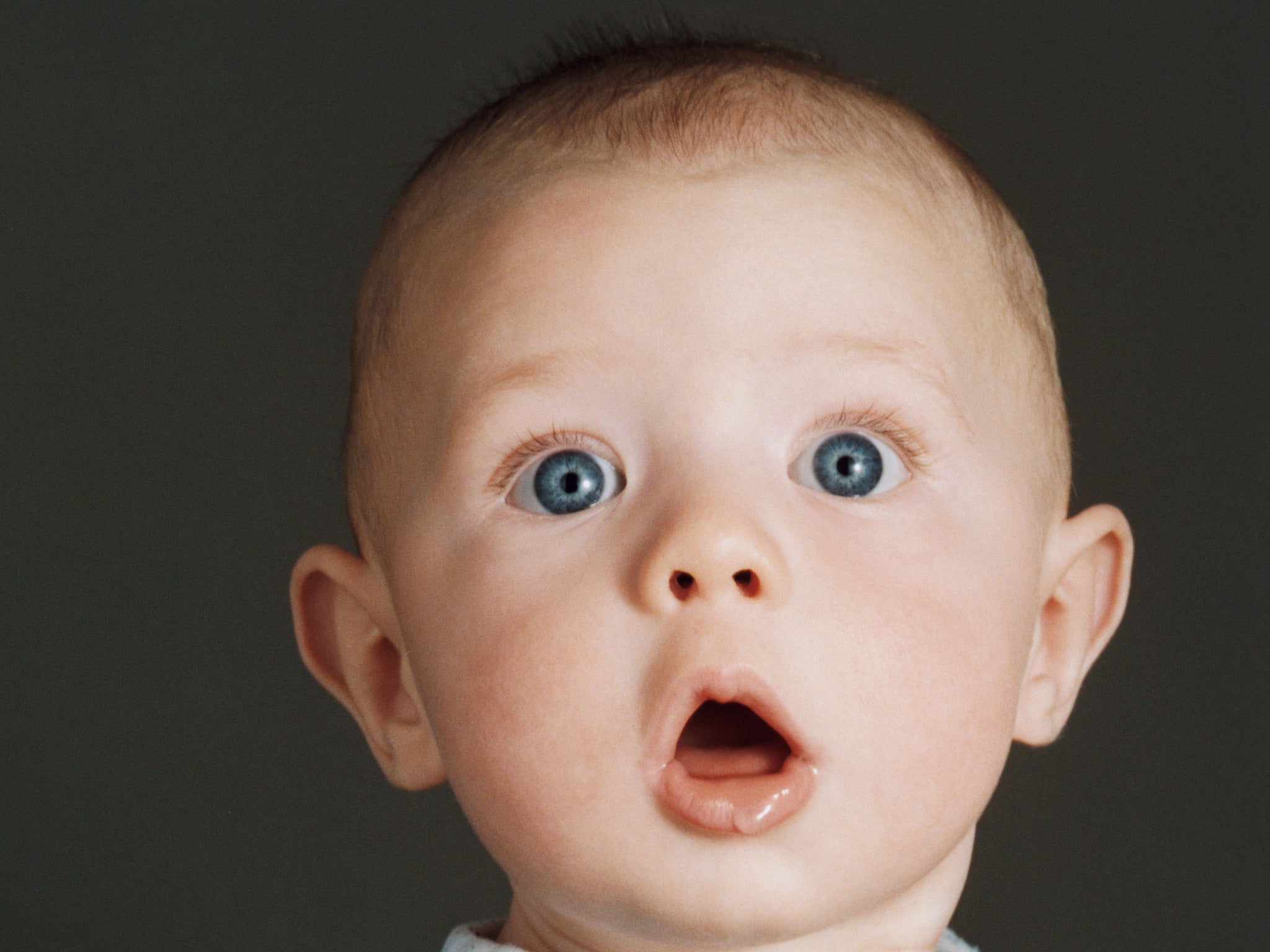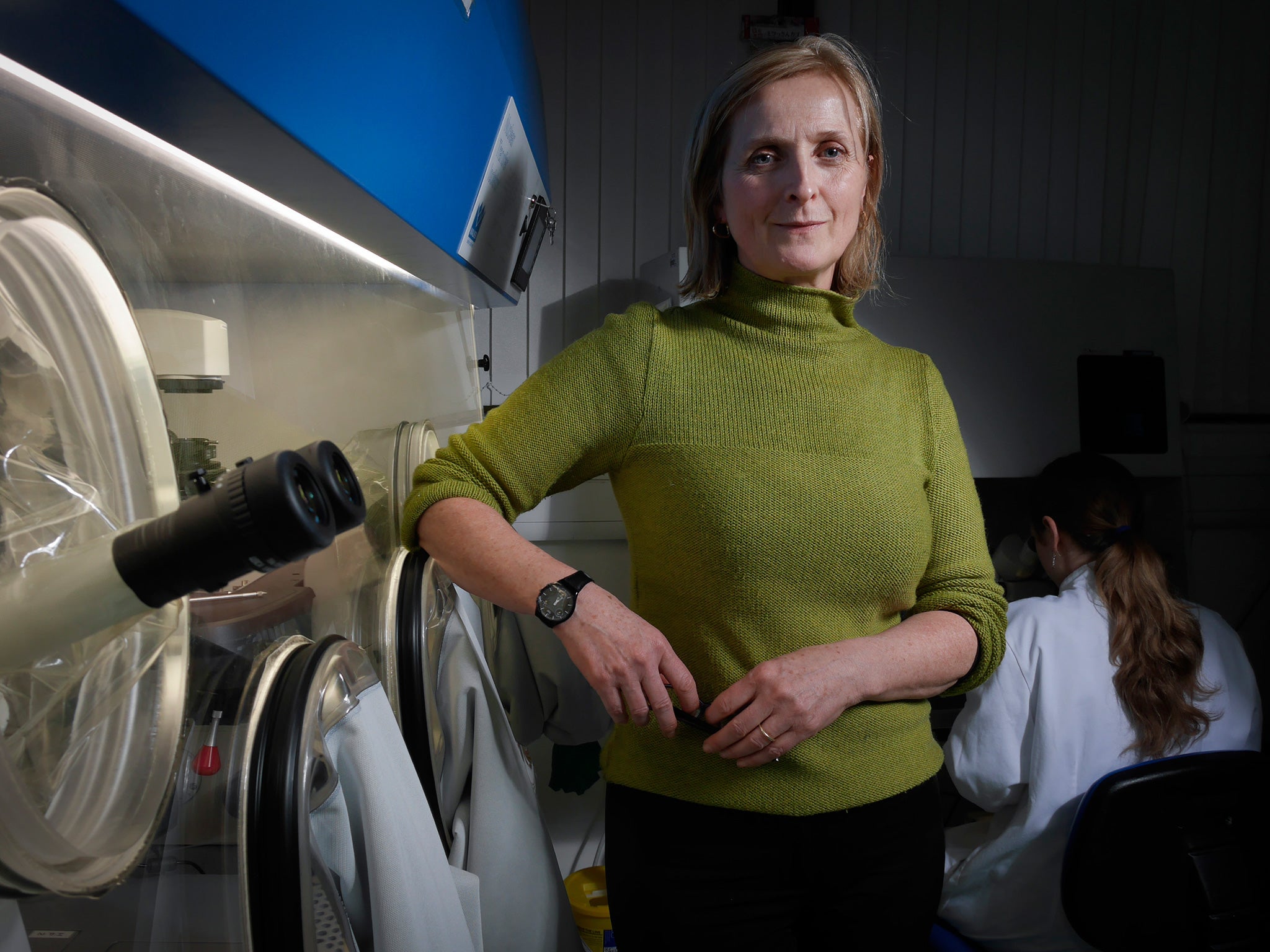The first baby with three parents could be conceived in UK this year
Exclusive: Opposition groups are not yet convinced of the procedure’s safety

The first “three-parent” baby in Britain could be born as early as next year following a study that scientists hope will convince the fertility regulator that the controversial IVF technique is safe, The Independent understands.
Parliament is set to vote next Tuesday on regulations to make mitochondrial transfer legal. Scientists at Newcastle University intend to apply for a licence in October when the new law comes into effect, despite opposition from church groups and anti-abortion organisations.
The opponents have expressed concerns over the ethics and safety of the technique, which combines the genetic material of three people into one embryo and involves the creation and destruction of fertilised eggs to treat IVF embryos.
Other scientists have called for further research and have implicitly questioned the decision of the Human Fertilisation and Embryology Authority (HFEA) to ditch its previous insistence on the need for further experiments on monkeys before it issues the first IVF licence.
“As well as analysing foetal development in a non-human primate model, it is essential to analyse offspring to determine that no abnormalities appear at least during early life,” said Professor Justin St John, a geneticist at Monash University in Australia.
However, Professor Doug Turnbull, director of the Wellcome Trust Centre for Mitochondrial Research at Newcastle, said that primate experiments are no longer needed. He said an unpublished study involving the creation of mitochondrial-transfer embryos has not given rise to any obvious safety concerns.
Once these findings are published, there should be no further serious impediments to creating IVF embryos for clinical use with the genetic material from three people, providing Parliament votes to make it legal, he said.
“With some of the results we’ve got I think we’d be disappointed if we were not applying for a licence some time this year,” Professor Turnbull said, adding that the first “three-parent” embryo could be implanted into a woman later this year.
“We know that we’ve presented evidence to the HFEA’s scientific panel. They have seen all our unpublished data and their comments are that they can see there is no evidence to suggest these techniques are unsafe,” he said.

The study, carried out by Professor Turnbull and his university colleague Professor Mary Herbert, is about to be submitted to a peer-reviewed scientific journal which has insisted on no public comments before publication, despite calls from some MPs that they cannot vote on the procedure without knowing if the technique is safe.
Professor Turnbull said: “What the politicians are voting on is whether the HFEA, the statutory body that decides these things, has the ability to make those decisions. It was never about politicians voting on whether this is safe or not.” Professor Herbert added: “Changes to the law will enable us to go to the regulator and say, ‘Can we have a licence to do this clinical treatment?’ I’m sure they will want to see a lot of evidence before giving that licence.”
However, one university scientist who wished to remain anonymous said: “If there is stunning new data that shows the technique is safe, then I really think this should have been published in a peer-reviewed journal long before any regulations were tabled before Parliament.”
John Sherrington, a Roman Catholic bishop, said: “No other country has allowed this procedure and the international scientific community is not convinced that the procedure is safe and effective.”
Join our commenting forum
Join thought-provoking conversations, follow other Independent readers and see their replies
0Comments